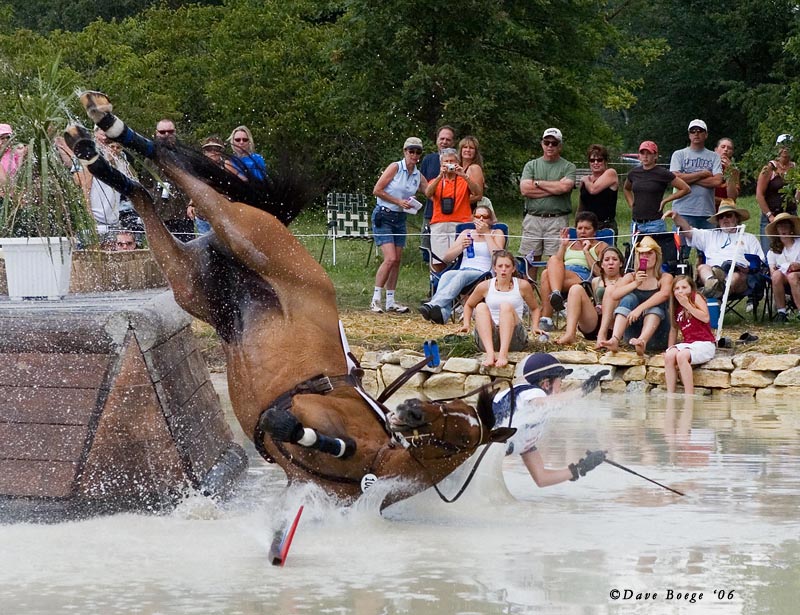How do you know your horse needs craniosacral therapy or may benefit from it?
• Headshaking
• Fascial nerve paralysis
• imbalances of the TMJ (temporomandibular joint)
• Head traumas and injuries
• Behavior problems
• Low back and joint problems
• Cribbing
Indications that your horse may be a good candidate for craniosacral treatment include:
• Bucking
• Lameness
• Difficulty in making transitions, holding the canter and leads
• Feels flat in work
• Difficulty with respiration
• Before and after dental work
While dental work is a very important component of equine health, many standard practices of the industry, such as the pressure from use of the speculum the length of time it is opened during dental work and the pressures on the bones of the skull. Compensation patterns in mastication are often a consequence. Craniosacral work counterbalances this kind of trauma from dental procedures.

